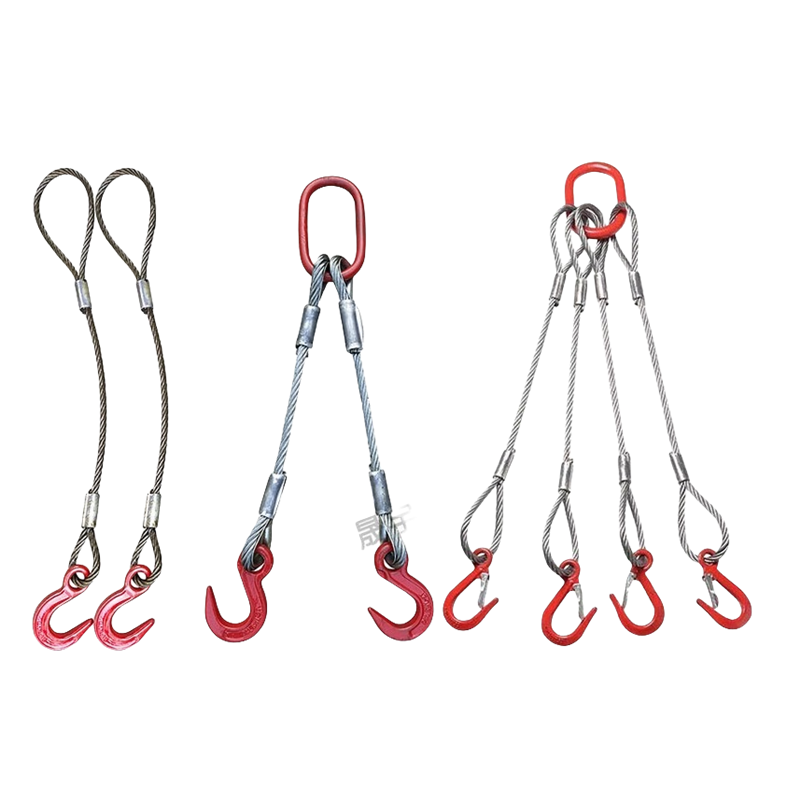
Stainless wire ropes are vital for their strength and corrosion resistance. Blogs offer insights for professionals and DIY enthusiasts on their uses and benefits. Here’s what you can typically expect to find in these blogs:
One of the strongest wire rope types is the galvanized wire rope. This type of wire rope is made from steel strands that are coated with a layer of zinc. The zinc coating provides protection against corrosion and increases the overall strength of the wire rope. Galvanized wire rope is commonly used in construction, mining, and marine applications where corrosion resistance is a priority.
Another strong wire rope type is the stainless steel wire rope. Stainless steel wire rope is made from steel strands that are coated with a layer of stainless steel. This type of wire rope is known for its high strength, corrosion resistance, and durability. Stainless steel wire rope is often used in harsh environments where corrosion is a concern, such as offshore oil rigs, chemical plants, and food processing facilities.
A third strong wire rope type is the fiber core wire rope. This type of wire rope has a core made of synthetic fibers, such as polyester or nylon, which are wrapped with steel strands. The fiber core provides flexibility and reduces the weight of the wire rope, making it easier to handle and transport. Fiber core wire rope is commonly used in applications where flexibility and lightweight properties are important, such as suspension bridges, cranes, and rigging systems.
In addition to these wire rope types, there are also other types of wire rope that can be considered strong, depending on the specific requirements of the project. For example, the Sealey wire rope is a type of wire rope that is known for its high strength and durability. It is often used in heavy-duty applications, such as construction and mining.
Another strong wire rope type is the high-strength low-alloy (HSLA) wire rope. This type of wire rope is made from steel that has been treated with a special alloy to increase its strength and durability. HSLA wire rope is often used in applications where high strength and long life are required, such as in the oil and gas industry.
In conclusion, the strongest type of wire rope depends on the specific requirements of the project and the environment in which it will be used. Galvanized wire rope, stainless steel wire rope, fiber core wire rope, Sealey wire rope, and HSLA wire rope are all strong wire rope types that can be considered for various applications. It is important to consult with a wire rope expert to determine the best type of wire rope for your specific needs.
Stainless wire ropes are vital for their strength and corrosion resistance. Blogs offer insights for professionals and DIY enthusiasts on their uses and benefits. Here’s what you can typically expect to find in these blogs:
304 stainless steel wire is a versatile material with a wide range of applications in everyday life. Its strength, corrosion resistance, and aesthetic appeal make it an ideal choice for use in various industries, from construction and automotive to medical and electronics. As we continue to discover newStainless steel wire uses for this remarkable material, it is clear that 304 stainless steel wire will continue to play a vital role in shaping the world around us.